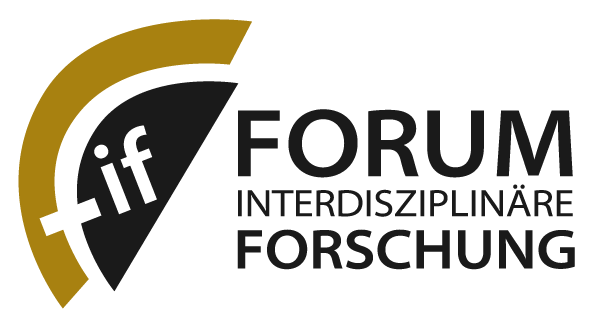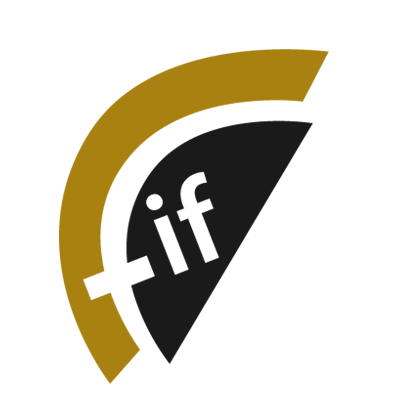FiF Forum 2024 ‘High performance needs dissonance – What can we at TU Darmstadt learn from a world-class orchestra?’
on 27 June | Wilhelm-Köhler-Saal of TU Darmstadt | 12:30 to 15:00
with Albert Schmitt | Lecture with subsequent discussion round
We cordially invite you to the lecture by Albert Schmitt, Managing Director of Deutsche Kammerphilharmonie Bremen, on the topic ‘High performance needs dissonance – What can we learn from a world-class orchestra?’!
The topic will be the orchestra's formula for success as a high-performance team – that success is not achieved through permanent harmony, but by consciously dealing with dissonance and conflict tension.
27 June 2024, 12:30 to 15:00 in the Wilhelm-Köhler-Saal at TU Darmstadt
Old Main Building, Hochschulstraße 1, 64289 Darmstadt | Building S1|03 Room 283
- 12:30 to 12:40 Welcoming words from Martin Lommel, Chancellor | Ulrike Nuber, FiF-Fellow
- 12:40 to 13:40 Lecture by and Q&A with Albert Schmitt, The Deutsche Kammerphilharmonie Bremen
- Snack
- 14:00 to 15:00 Discussion with Martin Lommel, Harald Holzer (HIGHEST), Iryna Gurevych (computer science), Ulrike Nuber (biology, FiF-Fellow) and others. Moderation by Claudia Becker (HIGHEST/SCC).
To the lecture
We talked to Albert Schmitt. Former contrabassist of Deutsche Kammerphilharmonie Bremen, for more than twenty years he has been Managing Director of the orchestra. In this position, with the support of external sponsors, he has contributed to transforming the orchestra into an internationally leading and unique ensemble.Under its chief conductor for the past twenty years, Paavo Järvi, the orchestra has presented highly acclaimed recordings of symphonies by Beethoven, Brahms and Schumann, among others. The orchestra has been honoured with numerous awards, most recently the audience award ‘Orchestra of the Year’ for 2023/24 from Europe's oldest and leading classical music magazine Gramophone ‘to celebrate its excellence, and a palpably inspiring musical partnership, as they approach their 20th anniversary’.
With the kind support of























